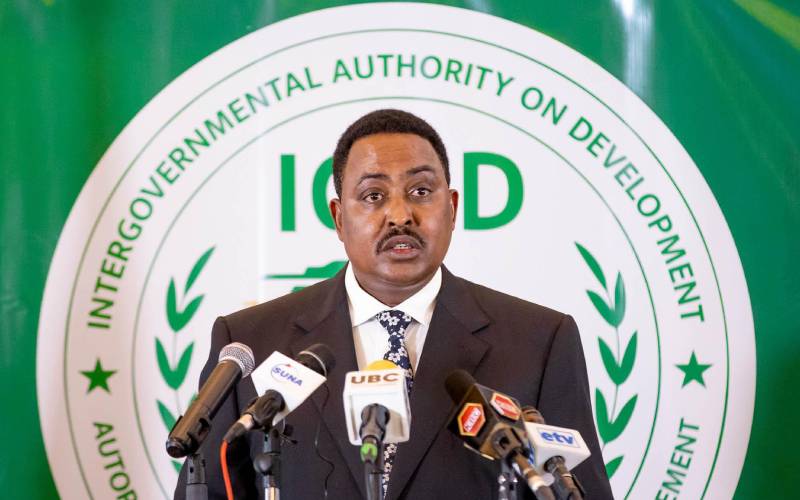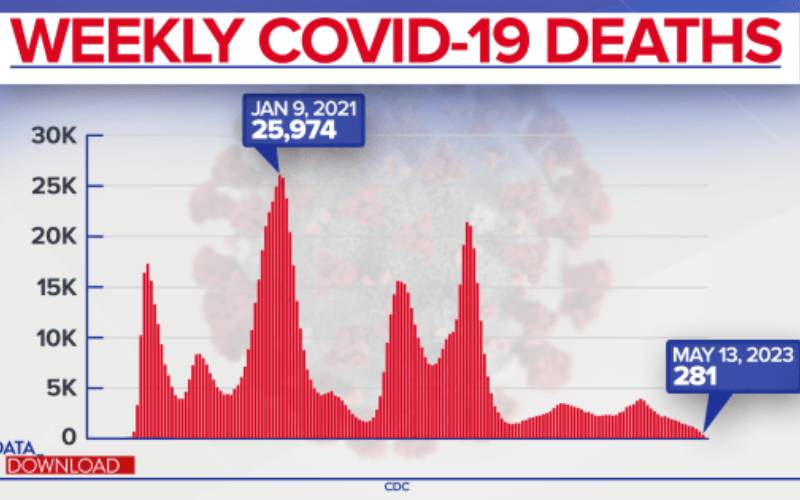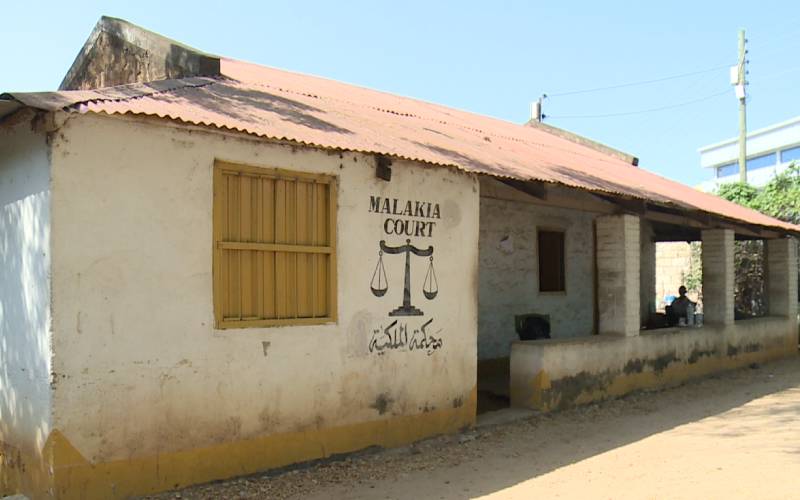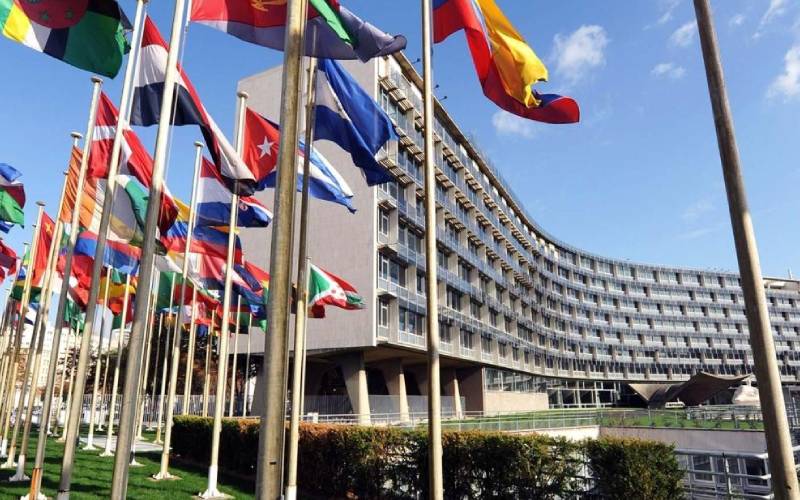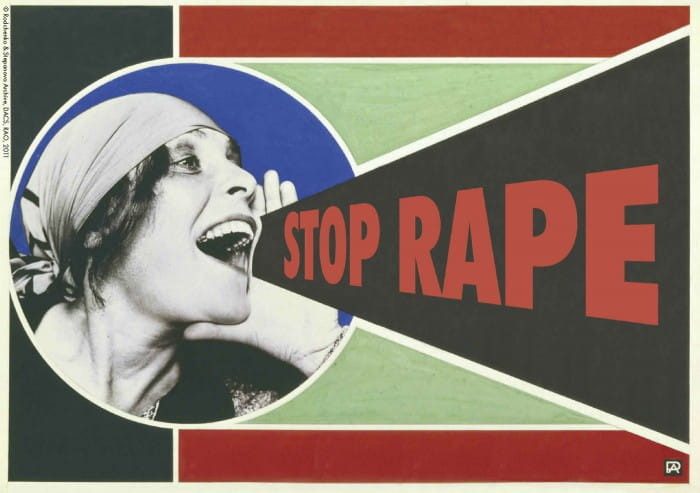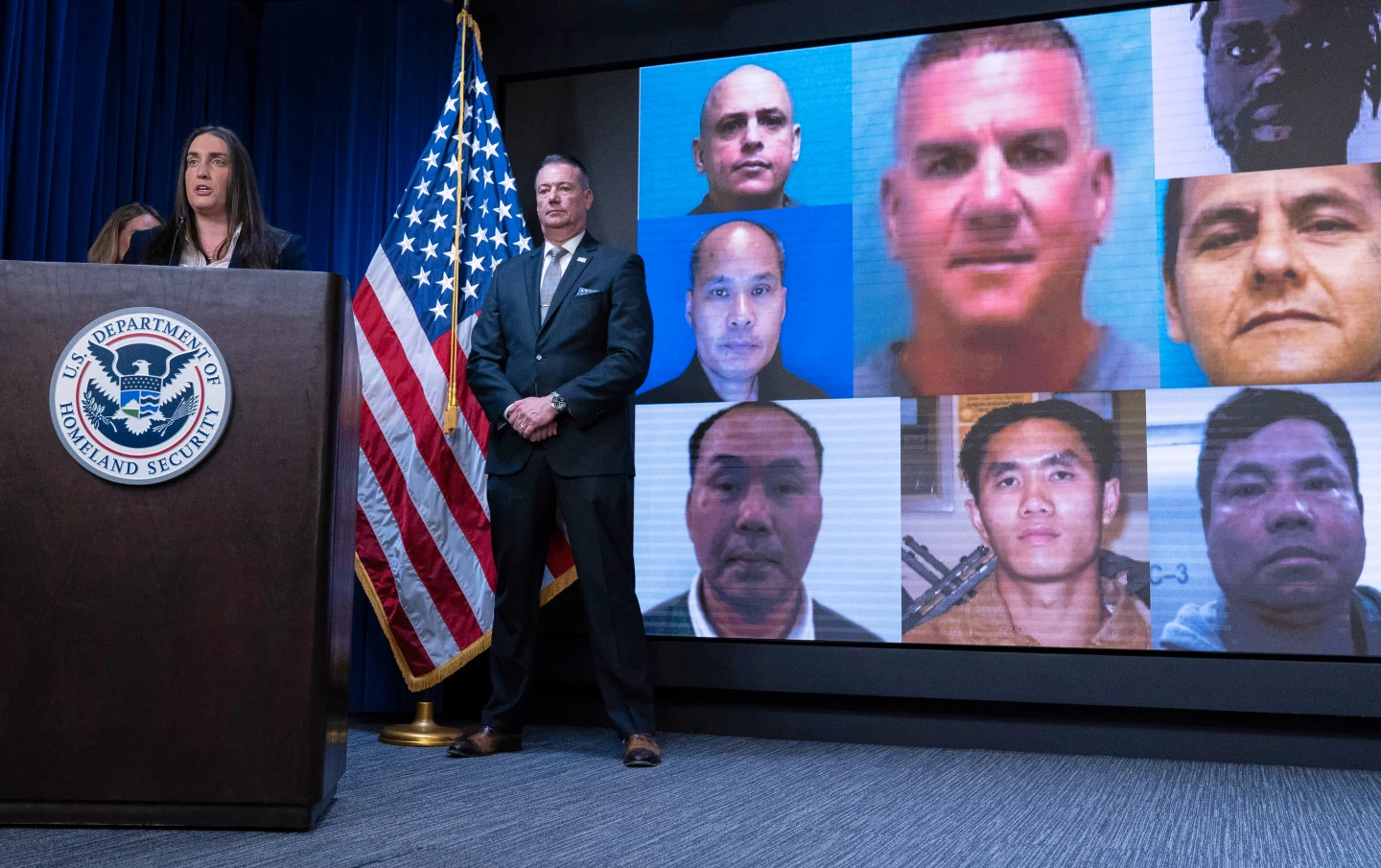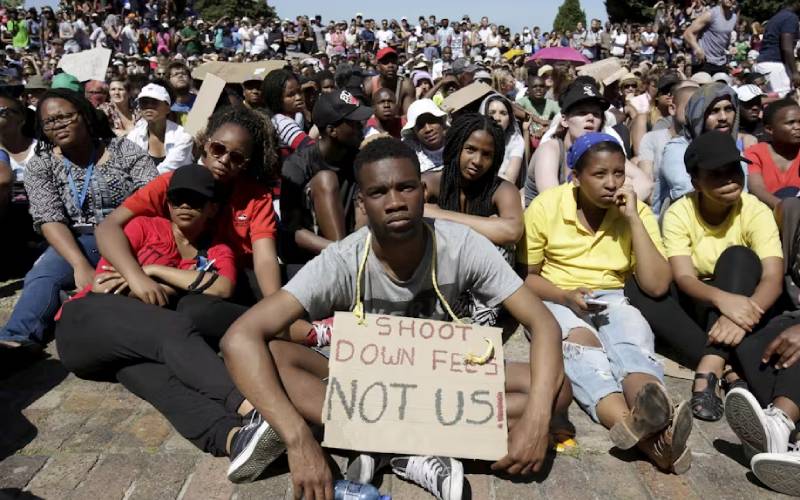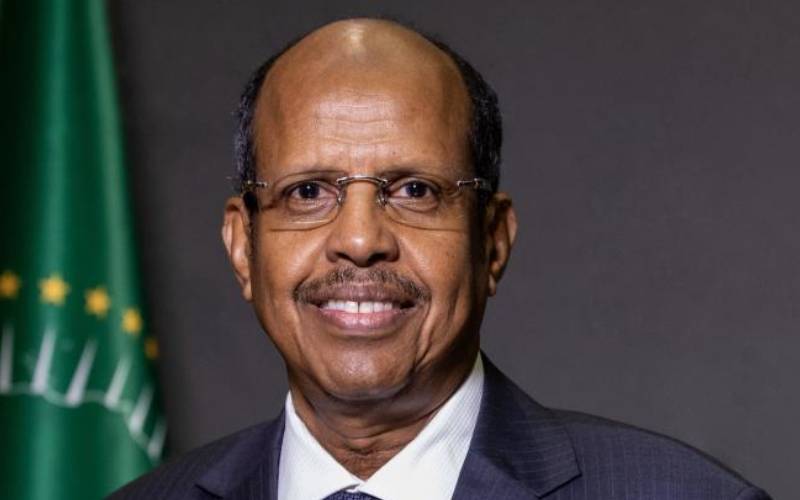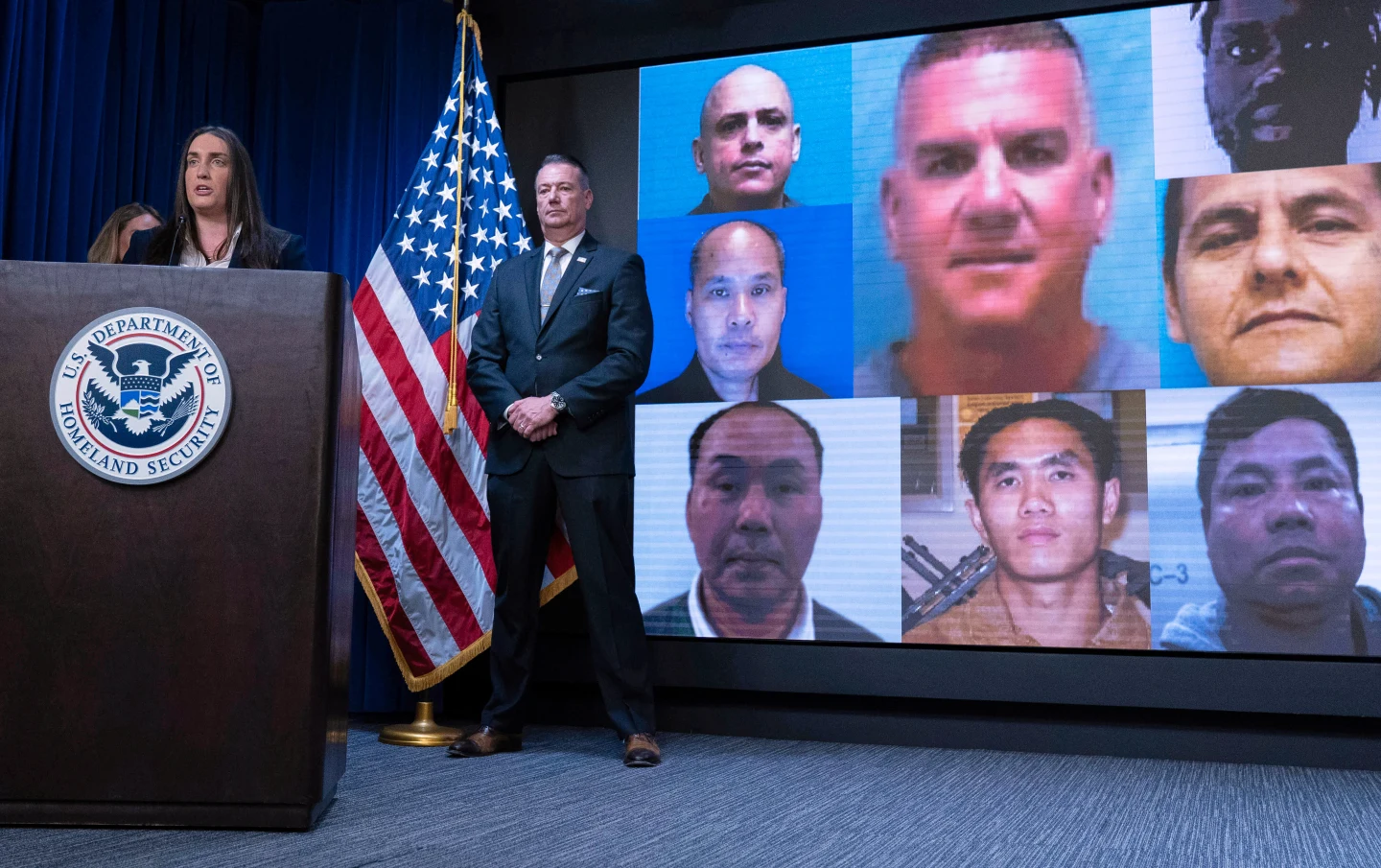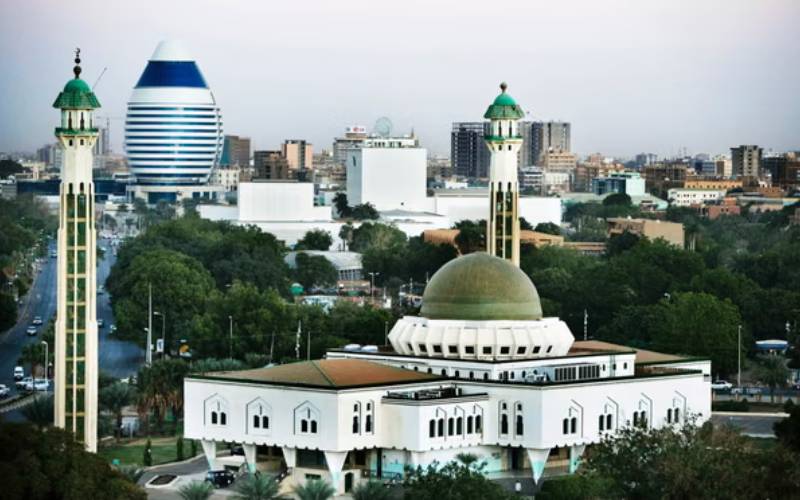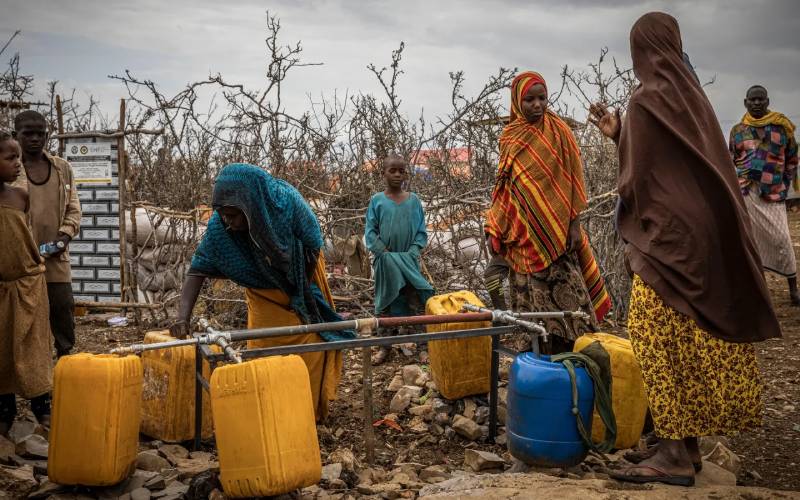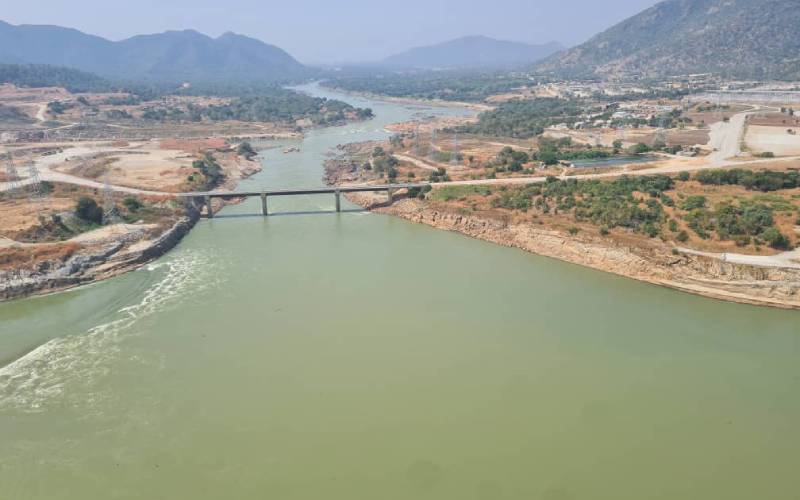The Intergovernmental Authority on Development (IGAD) is calling for an unconditional ceasefire and inclusive dialogue in Sudan. On Monday, the chairman of Sudan’s Transitional Sovereign Council, Abdel Fattah al-Burhan, appointed former UN diplomat Kamil al-Tayeb Idris as the country's prime minister.
Workneh Gebeyehu, IGAD Executive Secretary, has welcomed Kamil’s appointment. He calls upon stakeholders in Sudan to engage in dialogue that will culminate in lasting peace, open humanitarian access and end the suffering of civilians in Sudan.
“He reiterates IGAD’s call for an immediate and unconditional ceasefire, emphasising that silencing the guns is essential to ending civilian suffering, enabling humanitarian access, and creating an environment conducive to dialogue," Workneh said in a press statement.
On Tuesday, the Chairperson of the African Union Commission, Mahmoud Youssouf, called for Sudan’s transition to a civilian government after Kamil’s appointment. Both AU and IGAD hail Kamil’s appointment and assure full-fledged support to the restoration of a lasting peace and stability in Sudan.
Genesis of conflict
In April 2019, Sudan's authoritarian President, Omar al-Bashir, was ousted following civilian street protests. Bashir was accused of genocide and war crimes in Darfur, and the International Criminal Court (ICC) was on the lookout to arrest him.
Abdel Fattah al-Burhan was given the authority to lead the military junta, the Transitional Sovereign Council. He served as the chair of the TSC until a draft constitutional declaration was signed with civilians
In August 2019, following mass protests calling for a civilian government, Burhan appointed Abdalla Hamdok as the Civilian Prime Minister of the Sudan. In 2020, the Juba Peace Agreement was signed, which allowed Burhan to remain as the chairperson of the Transitional Sovereign Council for 20 months.
In October 2021, Burhan took power in a coup d'état. Conversely, street protests persisted, with the killing of protesters being reported in the quest for a civilian government.
Mass protests in 2022, which resulted in the mass killing of protesters, led Hamdok to resign out of frustration with the Burhan-led Transitional Sovereign Council.
On April 15, 2023, war started between the Paramilitary Rapid Support Forces, RSF, led by Mohamed Hamdan Dagalo, and the Sudan Armed Forces commanded by Abdel Fattah al-Burhan. Several attempts to end the war were in vain, including the Jeddah Peace Initiative and the IGAD Quartet Initiative. The ceasefire agreements which were reached were short-lived.
Displacement and violations
12.4 million people are displaced within Sudan, while 3.3 million have crossed the border to the neighbouring countries. Continued fighting has shut the humanitarian corridor, putting the lives of women and children at risk.
In January 2025, the World Food Program (WFP) called for the opening of humanitarian access to ease aid delivery in areas struck by famine in Sudan.
Over 15 million children are currently in need of humanitarian assistance, up from 7.8 million in 2023.
Human rights violations have been reported in Sudan, including mass killings, sexual violence, executions on ethnic lines and the recruiting of children as soldiers.
